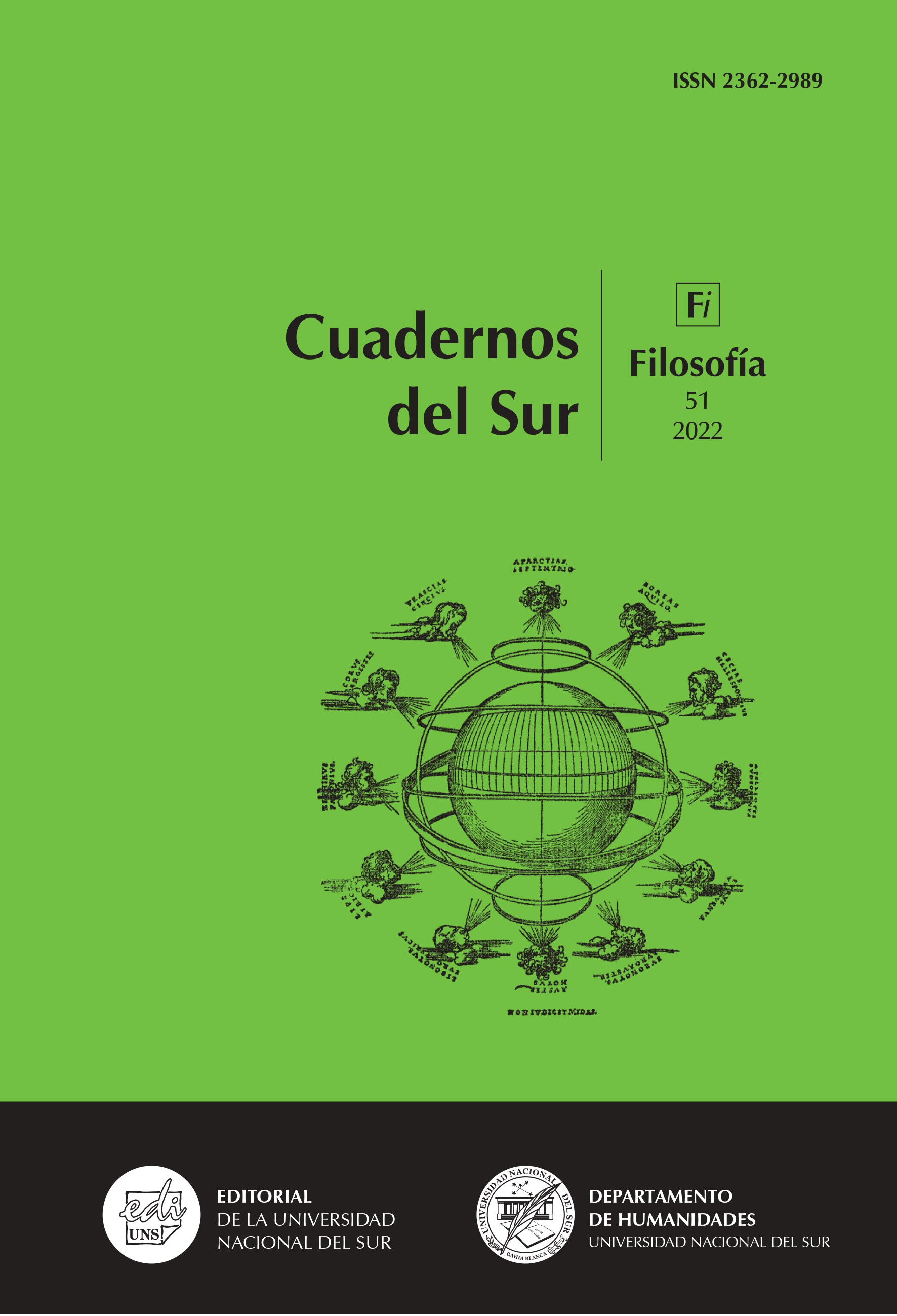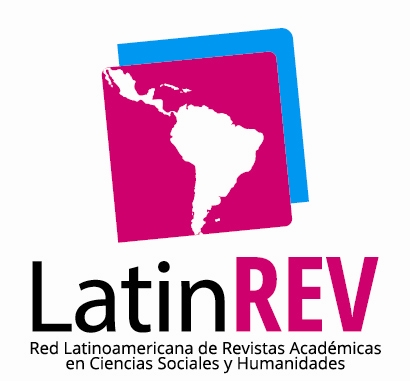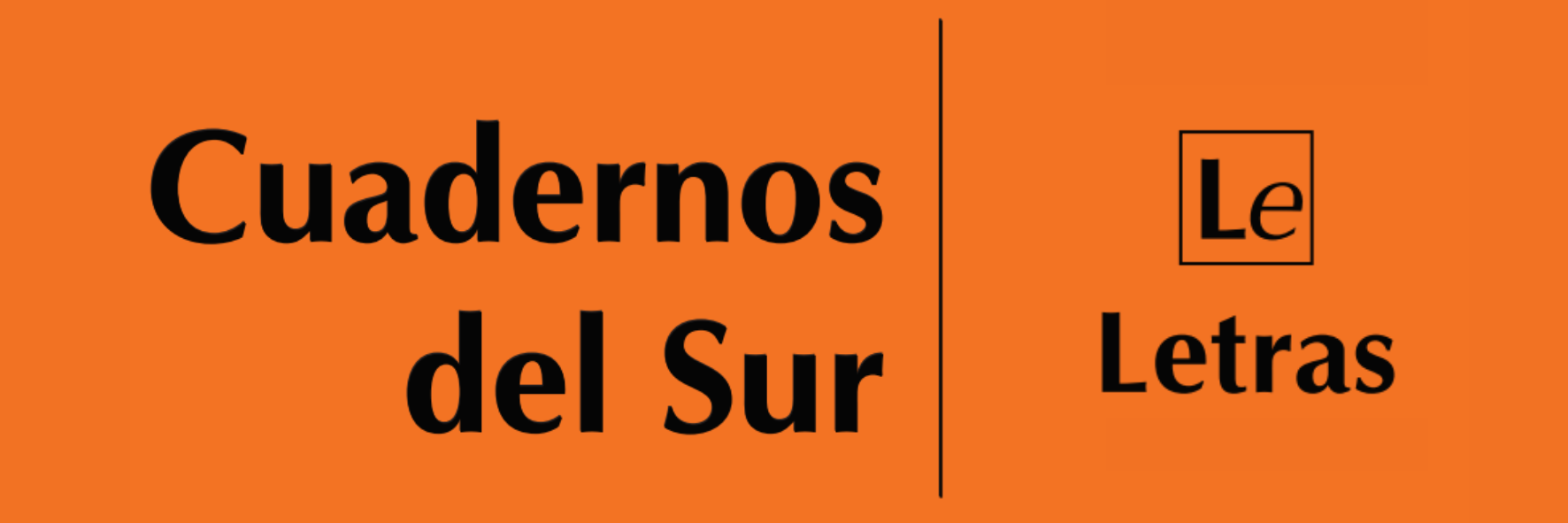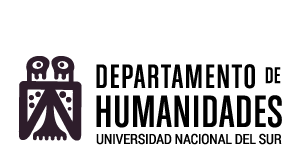La concepción del conocimiento en dos pensadoras feministas: Ivone Gebara y Luce Irigaray
Keywords:
Gebara, Irigaray, epistemologyAbstract
This paper exposes and synthetically compares the epistemological proposals of feminist thinkers Ivone Gebara and Luce Irigaray, who claim that for most of Western history, women have been subjected to patriarchy. This dominance over women is also exercised at the level of knowledge, since men have established as canonical a dualistic, scientific and religious epistemology, based on intelligible and abstract axioms, which enjoyed indisputable and universal value. To overcome this condition, the two philosophers maintain that knowledge must start from corporeality, from sensitivity, until it reaches language and thought, in a non-temporal or successive way. This attitude favors the implementation of “sexual or gender difference” to secure women’s identity. From the place of this recovered identity, they propose that a more adequate alliance with nature and with the cosmos is possible, including males. The latter means not hiding differences, but rather maintaining them in order to achieve a balanced and renewed relationship.
Downloads
References
Gebara, Ivone (2000), Intuiciones ecofeministas. Ensayo para repensar el conocimiento y la religión, Madrid, Trotta.
----- (2002a), El rostro oculto del mal. Una teología desde la experiencia de las mujeres, Madrid, Trotta.
----- (2002b), La sed de sentido. Búsquedas ecofeministas en prosa poética, Montevideo, Doble clic.
----- (2014), Filosofía feminista, Montevideo, Doble clic.
----- (2016), “Spirituality and resistance. A Latin American perspective”, en Vélez Caro, Olga Consuelo (coord.), Feminist Theology reaching new borders. Búsquedas de la teología feminista, Voices, vol. 39, nº 2, pp. 61-74, [disponible en http://eatwot.net/VOICES/VOICES-2016-2.pdf].
Irigaray, Luce (1974), Speculum de l´autre femme, París, Minuit.
----- (1983), L´oublie de l´air chez Martin Heidegger, París, Minuit.
----- (1984), Éthique de la différence sexuelle, París, Minuit.
----- (1989), Le temps de la différence. Pour une révolution pacifique, París, Librairie Générale Française.
----- (1992a), Yo, tú, nosotras, Madrid, Cátedra.
----- (1992b), J´aime à toi, Esquisse d´une félicité dans l´histoire, París, Grasset.
----- (1997), Être deux, París, Grasset.
----- (2012), In the beginning she was, Londres-Nueva Delhi-Nueva York-Sidney, Bloomsbury.
----- (2019), Sharing the fire. Outline of a dialectics of sensitivity, Cham, Palgrave-Macmillan.
Irigaray, Luce y Marder, Michael (2015) (eds.), Building a new world. Luce Irigaray: Teaching II, Nueva York, Palgrave Macmillan.
Católicas por el derecho a decidir (2011), Tejiendo sentidos. Feminismos y búsquedas teológicas, Montevideo, Doble clic.
Femenías, María Luisa (2019), Itinerarios de teoría feminista y de género. Algunas cuestiones histórico-conceptuales, Bernal, Universidad Nacional de Quilmes.
Hernández, Graciela (2018), Hebras feministas en la historia y la memoria de los pueblos originarios pampeano-patagónicos, Buenos Aires, Biblos.
Merchant, Carolyn (1989), The death of nature. Women, ecology, and the scientific revolution, San Francisco, Harper & Row.
Radford Ruether, Rosemary (2007), “Ecofeminist philosophy, theology and ethics: A comparative view”, en Kearns, Laurel y Keller, Catherine (eds.), Ecospirit. Religion, Philosophy and the Earth, Nueva York, Fordham University Press, pp. 77-94.
Ress, Mary Judith (2010), “La espiritualidad ecofeminista en América Latina”, Investigaciones Feministas, vol. I, pp. 111-124.
Shiva, Vandana (1988), “Science, Nature and Gender”, en Staying alive: Women, ecology and survival in India, Nueva Delhi, Kali for Women, pp. 14-36.
Shiva, Vandana y Mies, María (2014), Ecofeminismo. Teoría, Barcelona, Icaria editorial, S.A.
Tamez, Elsa (1997), “Quetzalcoatl Challenges the Christian Bible”, Journal of Hispanic/Latino Theology, vol. 4, n° 4, pp. 5-20, [disponible en https://repository.usfca.edu/jhlt/vol4/iss4/2/].
How to Cite
Issue
Section
License
Copyright (c) 2023 Ricardo M. García

This work is licensed under a Creative Commons Attribution-NonCommercial 4.0 International License.
Aquellos autores/as que tengan publicaciones con esta revista, aceptan los términos siguientes:- Los autores/as conservarán sus derechos de autor y garantizarán a la revista el derecho de primera publicación de su obra, el cuál estará simultáneamente sujeto a la licencia Atribución-No Comercial 4.0 Internacional CC BY-NC 4.0.
- Los autores/as podrán adoptar otros acuerdos de licencia no exclusiva de distribución de la versión de la obra publicada (p. ej.: depositarla en un archivo telemático institucional o publicarla en un volumen monográfico) siempre que se indique la publicación inicial en esta revista.
- Se permite y recomienda a los autores/as difundir su obra a través de Internet (p. ej.: en archivos telemáticos institucionales o en su página web) una vez publicado su trabajo, lo cual puede producir intercambios interesantes y aumentar las citas de la obra publicada. (Véase El efecto del acceso abierto).










